Strata Property Plumbing Inspections: What to Expect and Plan For
A step-by-step guide for strata councils conducting plumbing system evaluations in their buildings. Discover how to plan inspections, what happens during the assessment, issues inspectors may detect, and best practices for follow-up, like setting a repair schedule.
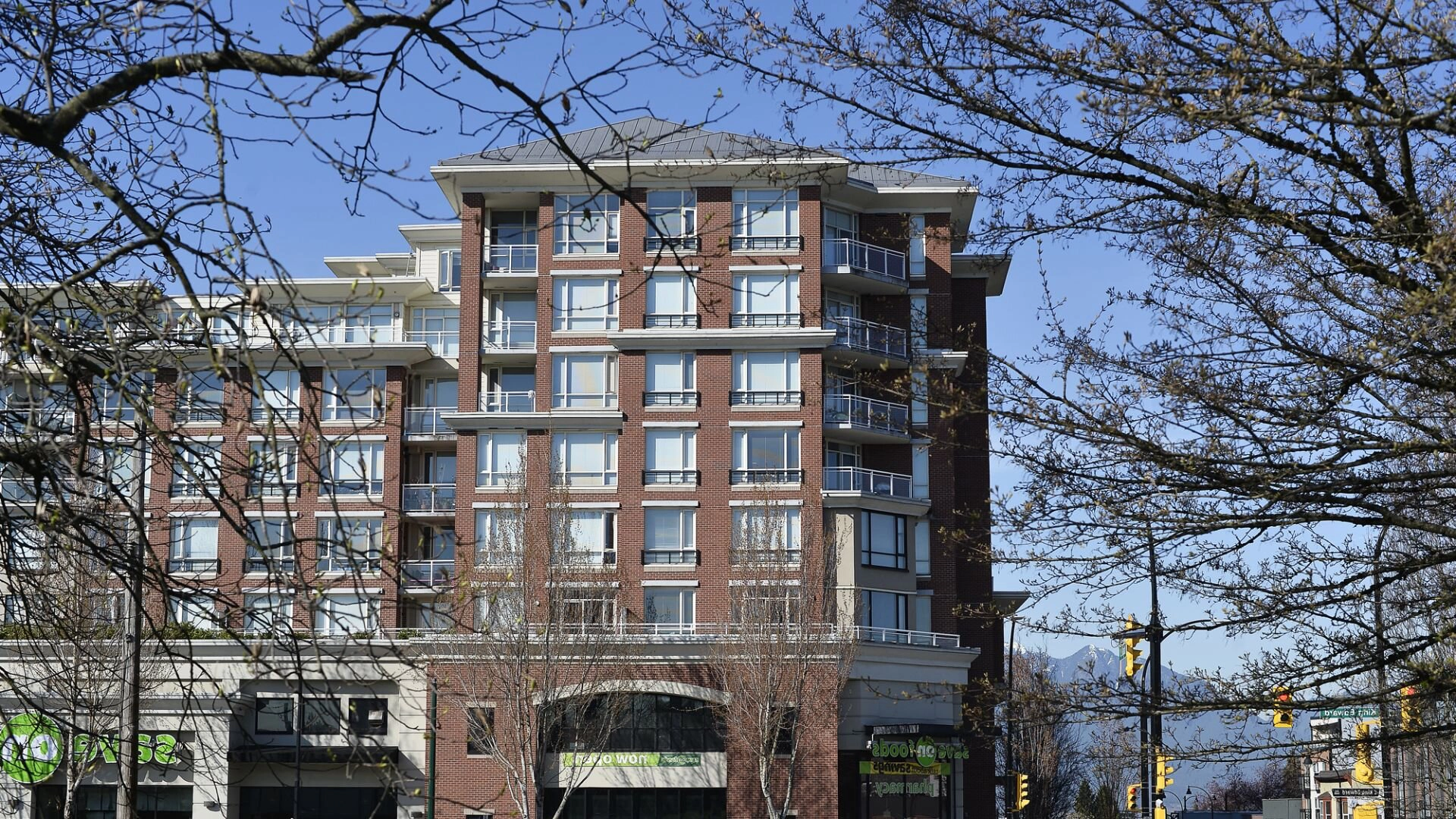
Plumbing systems are essential to any strata property’s smooth functioning and livability . Regular inspections and proactive maintenance can help catch minor plumbing issues before they become more significant problems, saving property owners time and money in the long run.
Due to the added complexity of shared water lines and waste systems, routine plumbing inspections are crucial for multi-unit buildings like strata properties . A thorough inspection by licensed plumbing professionals can help ensure plumbing components are in good working order, identify early signs of wear and tear, and prevent minor problems from escalating into costly repairs or emergencies.
This blog post will guide strata councils and building managers in planning and preparing for their properties’ plumbing inspections. We will cover what to expect during the inspection process, common plumbing issues that may be found, and post-inspection steps like prioritising recommended repairs.
The goal is to support proactive plumbing management through regular maintenance inspections and repairs . By addressing minor problems before they worsen, strata properties can avoid unexpected downtime and expenses while protecting property values and resident comfort for years.
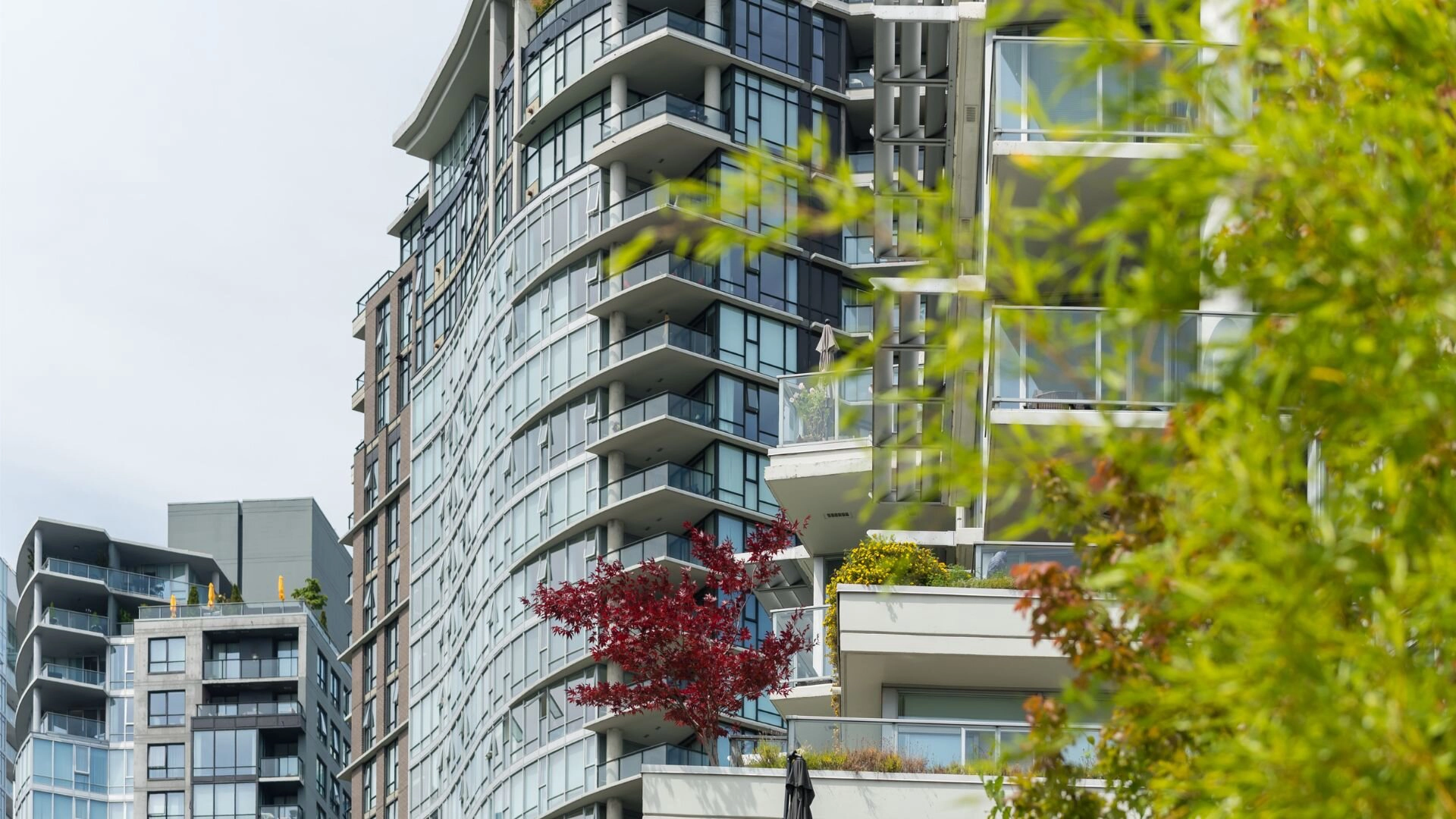
Understanding Strata Property Plumbing Inspections
The role of routine maintenance in strata properties cannot be overstated. These inspections are critical in assessing the entire plumbing system. Leaks , blockages, and wear and tear are identified early, preventing costly repairs and ensuring the system operates efficiently. The building manager plays a pivotal role in organising these inspections, coordinating with professionals to ensure that all aspects of the strata scheme’s plumbing are thoroughly checked.
For strata properties, it’s generally advised to carry out a complete plumbing inspection every 3-5 years. However, the frequency can vary depending on factors such as the age of the building and the history of maintenance. It is also wise to schedule these inspections during minimal occupancies, such as weekday mornings, to minimise disruption to residents. Additionally, inspecting undertaking major renovation projects can help identify any discrepancies in the plans, ensuring that all modifications align with the existing plumbing infrastructure.
Engaging with entities like NSW Fair Trading can provide further guidelines and ensure compliance with all regulatory requirements. This proactive approach not only prolongs the life of the plumbing systems but also enhances the living conditions for all residents within the strata scheme. Through diligent planning and execution of these inspections, building managers can maintain the integrity and efficiency of the property’s plumbing infrastructure, safeguarding the residents and the property investment over time.
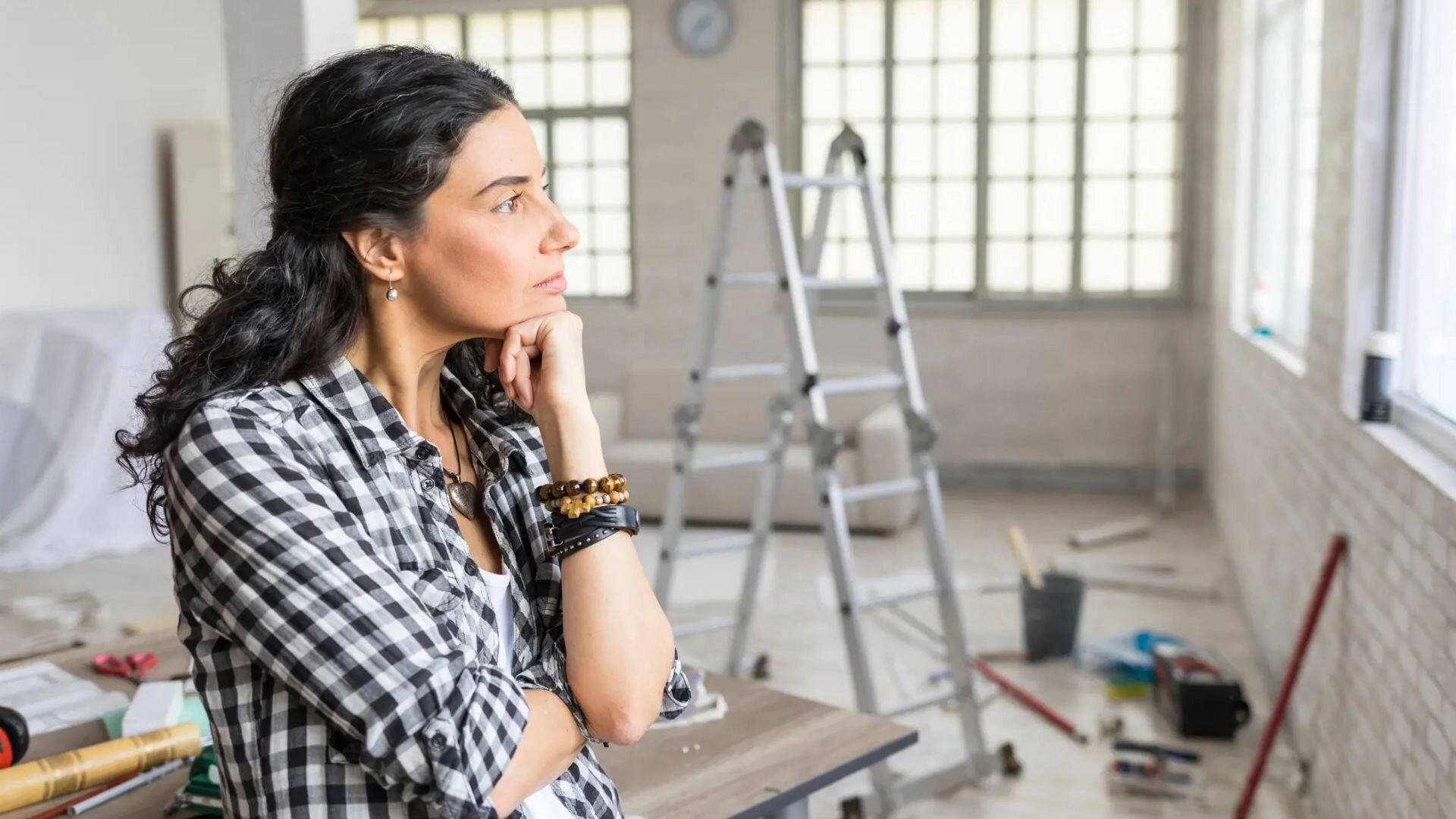
Preparing for a Plumbing Inspection
Proper notice should be given to residents 1-2 months in advance. Providing the scheduled date and time frame allows people to plan accordingly without being inconvenienced by the inspection. Post notices within the building as a reminder in the weeks leading up to the appointment.
Request that residents ensure plumbing access points behind appliances, under sinks, and in utility closets are freely accessible. Storage and personal items around water heaters, meters, and central lines should also be cleared. Unobstructed access is crucial so inspectors can closely examine these areas without impediment.
What to Expect During the Inspection
Visual Assessment
As mentioned, the inspection team will start by visually examining all visible plumbing components. This will help identify any obvious issues.
Water Supply System
First, the supply pipes, valves, and fixtures will be inspected. Pipes will be checked for leaks, corrosion, or damage, and valves will be tested to ensure they function correctly.
Drain and Vent System
Next, drains and vents throughout the building are scrutinised. Traps, cleanouts, and stacks are examined for cracks, offsets, or blockages. Proper venting is critical for drainage .
Water Heater Evaluation
Water heaters are essential systems. Inspectors analyse tanks/units for rust , seismic braces, exhaust venting, temperatures, and age to catch any deficiencies.
Fixture Inspection
Each plumbing fixture, such as sinks, tubs, and toilets, is run individually and inspected for leaks, cracks, slow drains, or damaged components that need repair.
Pressure and Drainage Tests
After visual examinations, water pressure tests are done by isolating sections of the supply system . Drain flow tests use special equipment to measure flow through stacks and branches to detect clogs.
Moisture and Corrosion Checks
Any signs of water damage or corrosion underneath sinks and around pipes/tanks are noted. Damage can indicate previous leaks that have yet to be addressed.
Inspection Documentation
Throughout the process, inspectors photograph issues and take detailed notes to compile a comprehensive report of all findings and areas requiring attention.
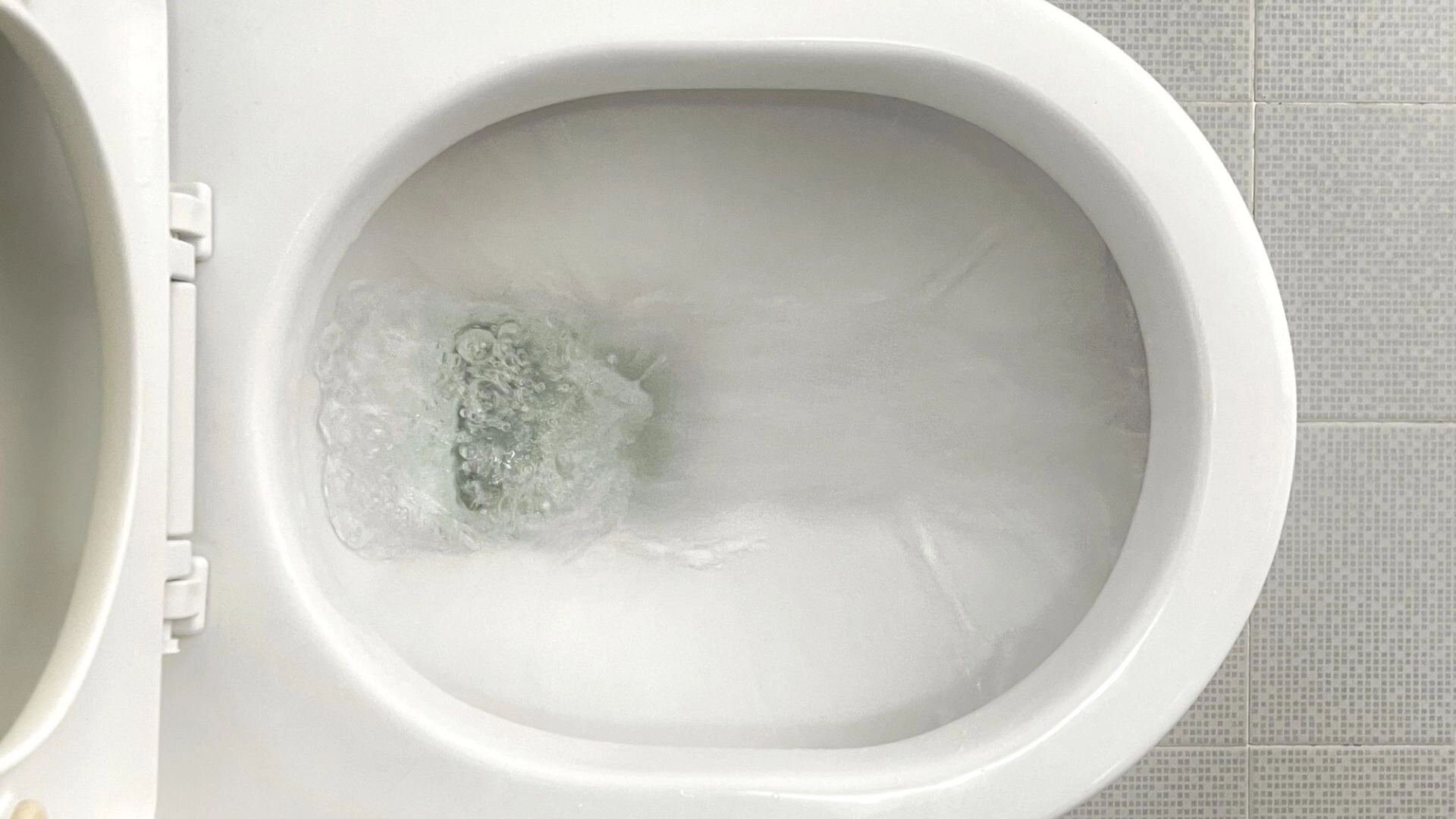
Common Plumbing Issues and Potential Remedies
An inspection may uncover a variety of plumbing problems. Older supply pipes can experience internal corrosion or leaks over time if issues aren’t addressed promptly, leading to water damage. Drain clogs are also common, ranging from debris-blocking P-traps to major blockages in main drain lines requiring snake cleaning.
Water heaters that have been in use for 8-12 years become less efficient and unsafe if not replaced. Deteriorating fixtures like loose sinks or toilets often need tightening, as do aging connections prone to cracking or leaking. Improper venting or missing vents can cause drainage issues, as air isn’t circulating properly to aid flow.
Changes in water pressure may be due to undersized supply lines or partially closed valves needing adjustment. Additionally, mineral deposits and corrosion slowly decrease water flow within metal piping over the years.
Standard remedies include repairing leaks, clearing drains, updating outdated systems, fixing loose fixtures and fittings, educating on venting best practices, adjusting pressure/valves, and using de-scaling solutions when mineral build-up occurs. Licensed professionals should perform replacements, deal with hazardous materials, or repair requiring specialised equipment or skills. Addressing plumbing issues promptly helps prevent further costly damage from worsening unchecked problems .
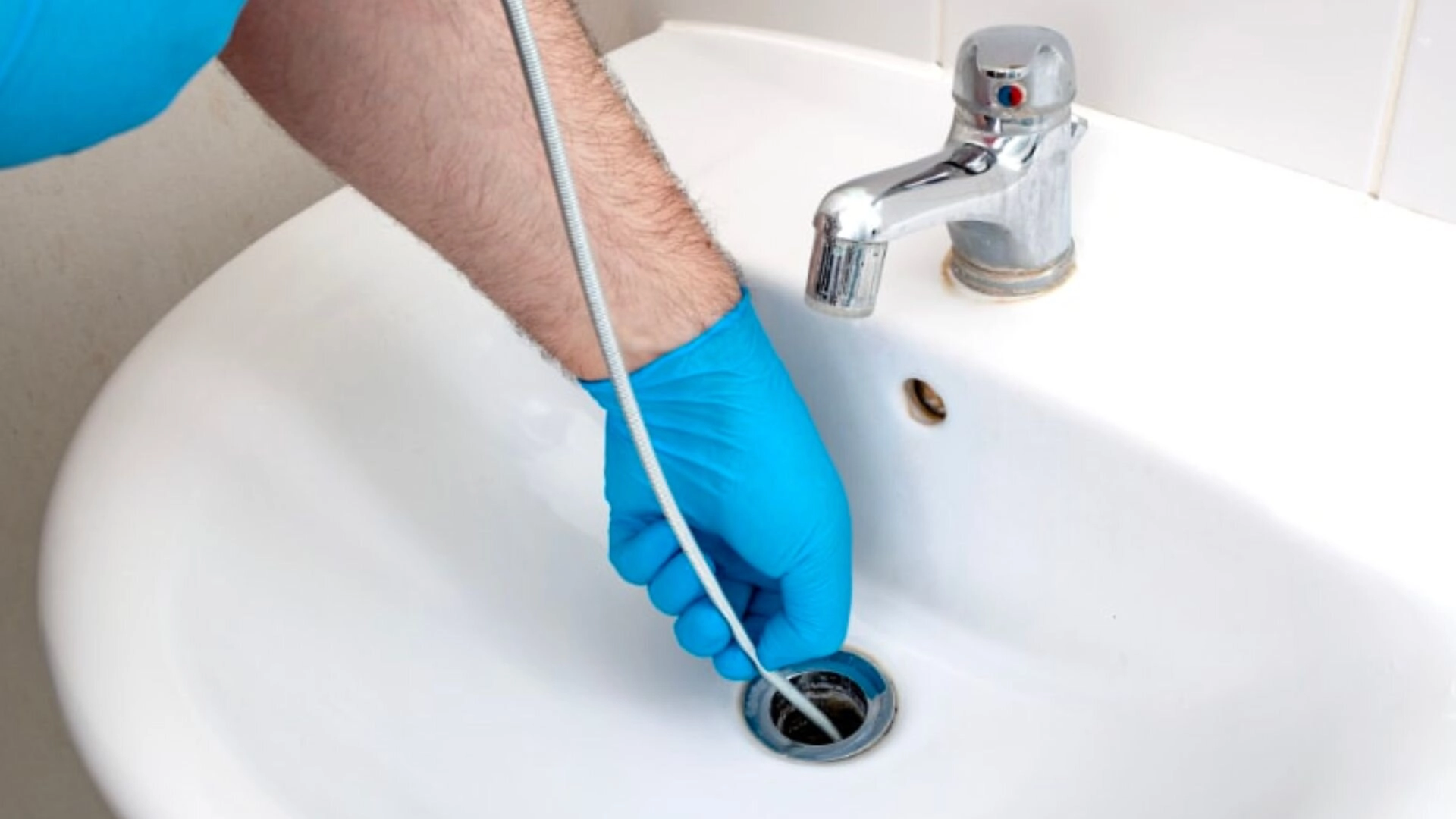
Post-Inspection Steps and Follow-Up
After completing the assessment, inspectors document all findings, photos, and recommendations in a detailed report, distributed to the strata council or manager for review.
Based on the report, the strata council prioritises repairs by urgency and allocates funds. Minor fixes are scheduled in the next few months, while major replacements may require planning. Potential timelines for the planned repairs are shared with residents, along with each project’s estimated start dates and durations.
After this, qualified plumbers are selected to conduct the necessary repairs or replacements according to the inspection report guidelines within the allotted time frame and budget.
Putting Inspection Results to Work with Reliable Plumbing Repairs
Conducting thorough plumbing inspections routinely is one of the best ways for strata councils to proactively manage building systems and prevent expensive issues before they arise. The inspection process provides a comprehensive overview of the current state of all plumbing components. It then guides strategic maintenance by prioritising any necessary repairs and replacements.
By addressing minor problems promptly according to professional recommendations, strata properties can avoid unexpected downtime, costly damage, and disruptions to residents down the road . Regular inspections and quality repair work ensure plumbing continues functioning safely and reliably to protect resident health and property investments. With aging infrastructure being a reality for many Sydney buildings, proactivity is critical to sustainability.
If your strata needs plumbing inspection or repair services, consider Service First Plumbing Sydney . With years in the industry, our fully licensed team can perform thorough system evaluations tailored to your property’s unique needs. We take the time to explain the findings and treatment options to strata councils fully. Post-inspection, our professional plumbers complete all recommended work to code on schedule and within budget estimates.
To discuss inspection scheduling or repair planning for your strata building , . Our experienced team’s expert services will make us your trusted partner in proactive plumbing management.